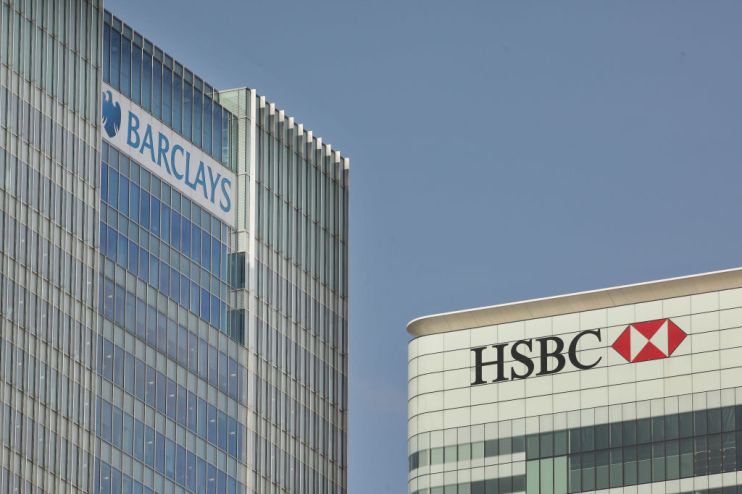Leaked document trove reveals banking giants enabled money laundering

Some of the world’s biggest banks have been caught enabling trillions of dollars in money laundering to flourish under their watch, thousands of leaked government documents have revealed.
The FinCEN Files, named after the US Treasury’s anti-fraud agency, have been shared by Buzzfeed News and the International Consortium of Investigative Journalists (ICIJ).
They claim to show how global financial corruption has continued to grow for years, unchecked by government agencies and enabled by banks such as Citibank, HSBC, Barclays, JP Morgan and Standard Chartered among others.
What’s in the files?
The documents consist of thousands of suspicious activity reports (SARs), which are filed by banks to regulators to alert them of potentially criminal activity happening in their clients’ accounts.
The trove shared today encompasses more than 2,100 SARs sent to US authorities, spanning from 1999 to 2017.
Once filed, these notices absolve banks of responsibility to ensure the laundering does not continue. FinCEN passes the SARs onto law enforcement agencies, but does not require banks to shut down the activity.
Documents analysed by Buzzfeed News allegedly show that even after criminals were prosecuted or fined for financial misconduct, banks such as JP Morgan, HSBC, Standard Chartered, Deutsche Bank, and BNY Mellon continued to move money for those involved.
Meanwhile files checked by the BBC claim to show one of Russian President Vladimir Putin’s closest friends may have used Barclays in London to launder money and dodge sanctions.
The banks involved have told reporters they cannot comment on on specific transactions mentioned in the files due to banking security laws, but that they met all the required legal and regulatory duties.
The top 10 banks represented in the FinCEN Files include:
| Institution | Number of SARs | Amount flagged |
| Deutsche Bank | 982 | $1.3 trillion |
| BNY Mellon | 325 | $64bn |
| Standard Chartered | 232 | $166bn |
| JP Morgan | 107 | $514bn |
| Barclays | 104 | $21bn |
| HSBC | 73 | $4.4bn |
| Bank of China | 35 | $1.3bn |
| Bank of America | 35 | $384m |
| Wells Fargo | 21 | $57m |
| Citibank | 18 | $251m |
Why do these leaks matter?
Though FinCEN itself is a US network, it requires notification of concerns about any transaction made in US dollars — even if it took place outside the US.
That means the documents in the FinCEN Files cover about $2 trillion of transactions over the 18-year period analysed. Even then, they only represent a fraction of the SARs submitted in that time.
More than 3,000 UK companies are named in the FinCEN Files, more than any other country. It has been named a “higher risk jurisdiction” as a result, alongside countries such as Cyprus.
Central banks have also been named in the reports, such as the United Arab Emirates’ central bank which is said to have failed to act on warnings about a local firm which was helping Iran evade sanctions.
The FinCEN Files are different to previous leaks in the past that lifted the lid on corruption, such as the Panama Papers, because the documents come from the banks themselves rather than select companies.
City A.M. has not been able to reach all the banks implicated by the files for comment. You can read their statements as submitted to Buzzfeed News here.